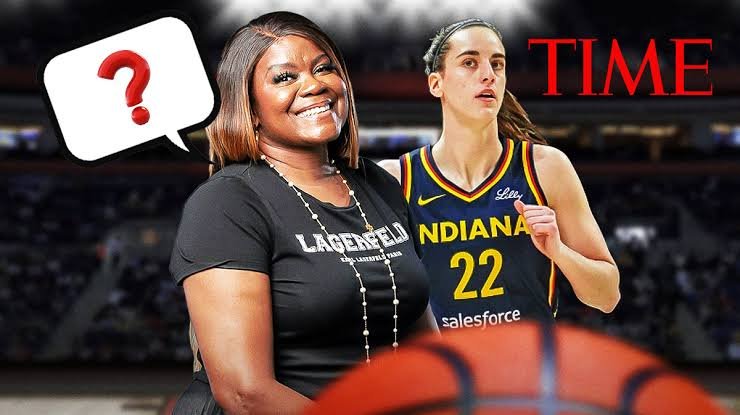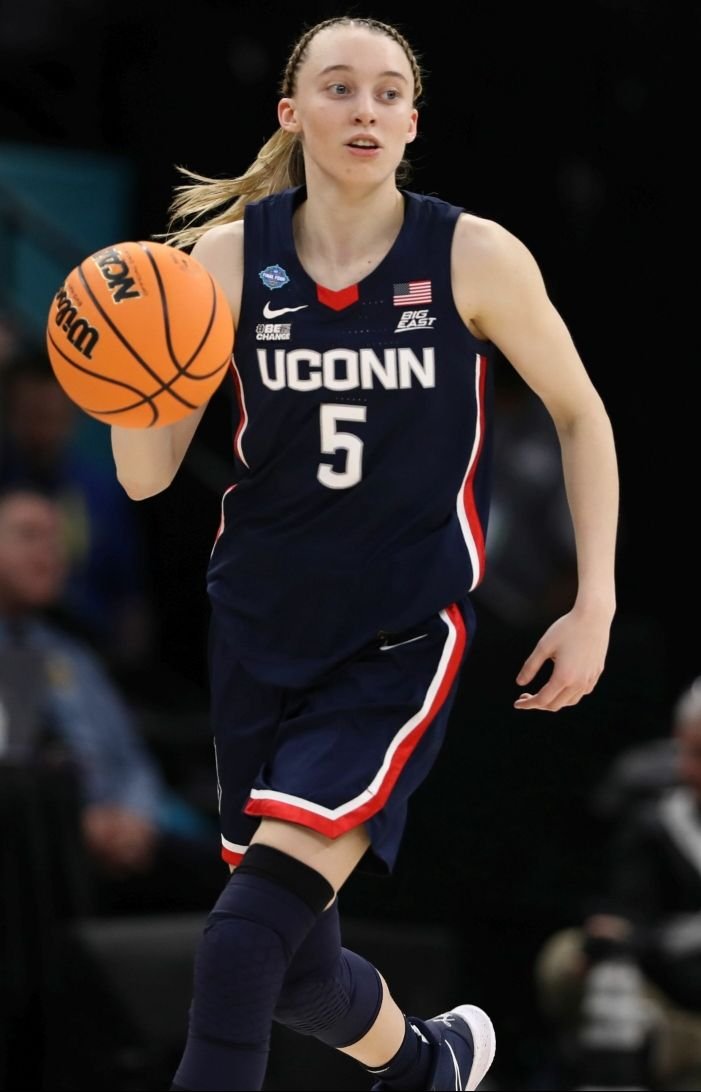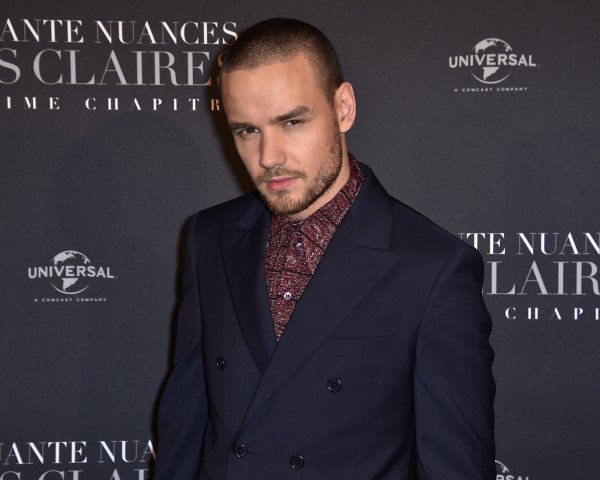
Sheryl Swoopes, a WNBA Hall of Famer, has voiced some skepticism regarding Caitlin Clark’s recent selection as TIME’s Athlete of the Year. While many fans and analysts celebrated the achievement, Swoopes expressed curiosity about the criteria behind the award. On the Gil’s Arena Podcast, Swoopes questioned whether Clark’s performance on the court or her broader impact on the game played a more significant role in her selection. “I’m curious to know who the other candidates were,” Swoopes shared, noting that it’s a big moment for a WNBA player to be recognized as TIME’s Athlete of the Year for the first time.
Despite the questions surrounding the selection process, there’s no denying Clark’s profound influence on the WNBA. With remarkable performances that included record-breaking achievements and a dramatic rise in the league’s visibility, Clark’s impact went beyond just her on-court success. The Indiana Fever star helped bring increased viewership, shattered rookie and regular-season records, and played a key role in making 37 of the Fever’s 40 games available nationally. While other players like Aliyah Boston and Kelsey Mitchell also had standout seasons, Clark’s influence has resonated in ways that set her apart.
Swoopes’ comments about Clark are not entirely new. In the past, the WNBA legend has raised concerns about Clark’s rookie performance, despite her impressive statistics, including nearly 20 points per game and setting the single-season assists and three-pointers records. However, Swoopes clarified in the past that she wasn’t criticizing Clark personally but rather questioning the broader narrative. Although some of Swoopes’ earlier remarks left fans divided, she has continued to engage thoughtfully in discussions about the game’s evolution.
The debate around the Athlete of the Year criteria remains a topic of intrigue, especially given the lack of public information on the selection process. Clark’s selection is particularly noteworthy, as it marks the first time a WNBA player has earned the honor since the award’s inception in 2019. Given the presence of other WNBA stars like A’ja Wilson and Breanna Stewart, some have speculated that race might have played a role in the decision. Clark herself addressed such concerns in her TIME article, emphasizing the importance of recognizing the contributions of Black women in the league, stating that their hard work has helped shape the WNBA into what it is today.
While the question of what truly led to Clark’s selection remains open, her undeniable influence on the WNBA and beyond suggests that the award’s recognition is well-deserved. As she continues to break barriers and accumulate accolades, Clark’s journey is far from over. With the 2025 WNBA season on the horizon, she may very well add even more honors to her growing list, further cementing her legacy in the league and in sports history.




